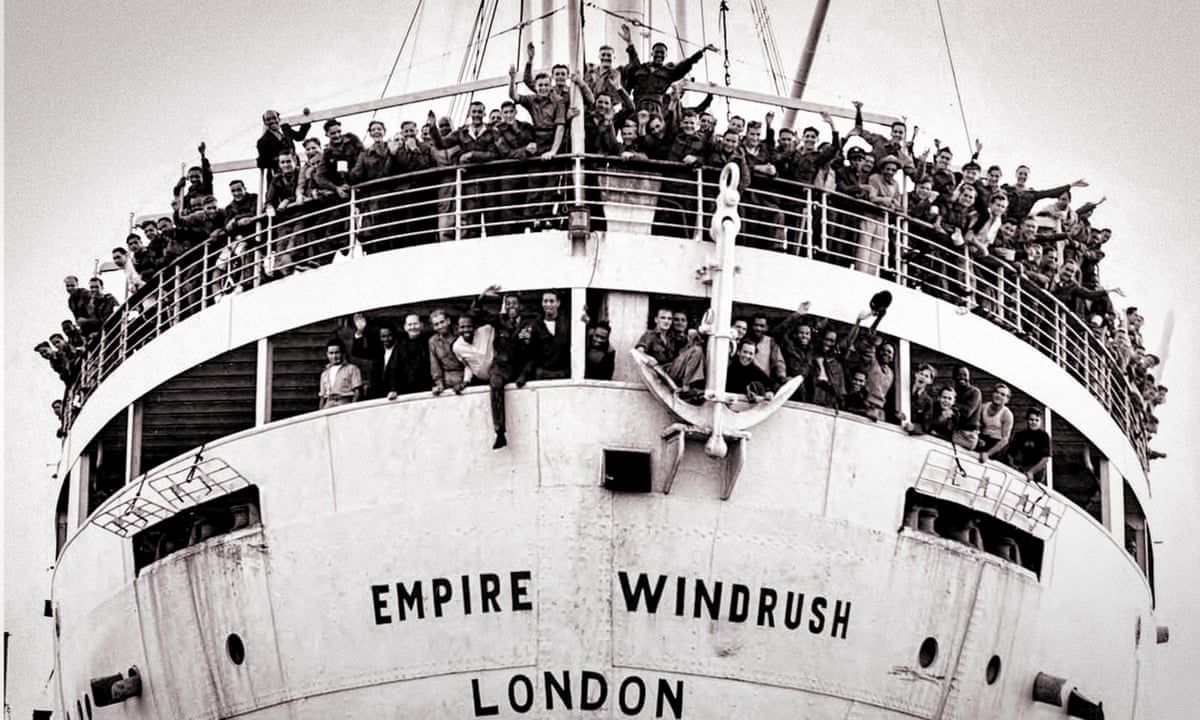
Celebrating the Windrush Generation on Windrush Day
Today marks the 4th national Windrush Day. It has been 73 years since hundreds of people from across the West Indies boarded HMT Empire Windrush from their respective Caribbean countries and disembarked on the bustling fog-filled docks of Tilbury, Essex in 1948 with the hopes of starting a new life.
The first time many people would have heard of the Windrush generation was in 2018 after the fiasco of the Windrush scandal. The scandal brought light to the UK Government’s wrongful harassment and detainment of members of the Windrush generation.
The UK Government has since apologised but little has changed. A year later, the Government was reported to have wrongly pursued, harassed and threatened Rupert Everett – a Jamaican-born British man who settled in Manchester in the 1960s. There are many similar stories.
Take Paulette Wilson. Paulette migrated to the UK in 1968 aged 10 where she grew up, worked legally and started a family. In 2017 she was taken to an immigration detention centre and almost deported to Jamaica.
In 2015 Anthony Bryan was threatened with removal after 52 years of legally living and working in the UK. Mr Bryan’s ordeal was retold in a recent 2020 factual TV drama titled “Sitting in Limbo”. These stories demonstrate the callous disregard the UK Government shows for people’s lives as well as the continued struggle by many from the Windrush generation to be accepted as British citizens over 50 years later.
The initial reaction to the arrival of Windrush migrants was hostile. It was assumed that they would only be in Britain temporarily to fill labour shortages. However, the Government soon realised the economic necessity of having them stay longer to help rebuild after the Second World War.
The most common sectors for Windrush workers were in manufacturing, construction, hospitality, postal services, NHS nursing, hospitality, nannies and public transport. A large majority of Caribbean migrants were overqualified for the jobs they were applying for; almost all had previously worked in skilled positions. However, upon their arrival to Britain, many were often restricted to jobs which the non-migrant population considered undesirable. A recurring theme which we see today with migrants from Eastern European countries. Despite their contributions, not only as a workforce but also in the war itself, Britain never offered or granted the Windrush generation British citizenship.
Unlike, many migrants arriving into Britain today, the Windrush generation did not have the support of unions to defend and represent their rights and best interests, or fight for their working conditions to be ameliorated. Despite many Caribbean workers joining trade unions in large numbers, they were generally not welcomed by the UK trade union movement or workforce. Many of those within the movement argued that Windrush workers did not integrate and were a threat to the jobs of White British workers. This argument is of course unfounded, as there were many jobs for white British workers after the war – they were just not as enthusiastic to occupy those roles.
There is no doubt that the Windrush generation played a pivotal role in Britain’s recovery post-war, they were a silent but visible workforce. A generation that has remained practically non-existent in our history books and is currently being gentrified from our communities.
Nonetheless, today is a day for celebration and reflection. Celebrating the plight, dreams and success of those courageous young men and women. As well as reflecting on how much they have influenced the current culture of modern Britain: culinary, sonically, in fashion, in the language we use, and in art. The ingredients which formed the diverse melting pot communities of dock towns, port cities and metropolises – as well as Black British culture
